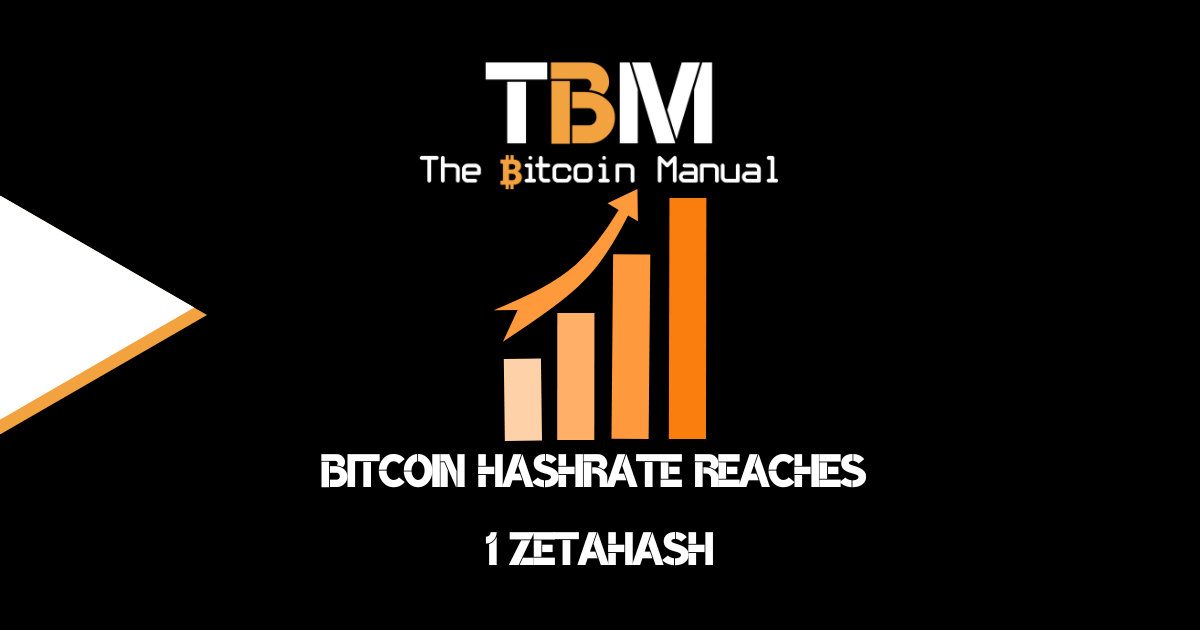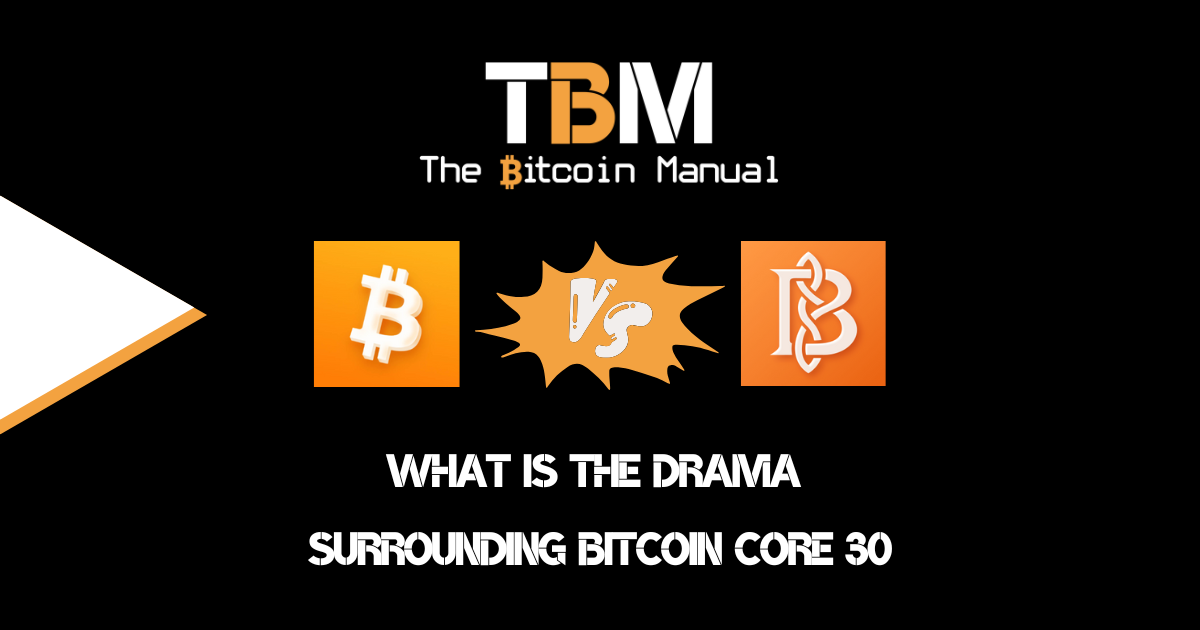Despite the shambolic state of diet and excercise culture and all the information thrown around today, it can all be distilled into a simple formula. Consume fewer calories on your daily intake than you expend with your daily excercise and movement. Sure we can spend hours talking about the subtle nuances of exercise and nutrition, but it all boils down to the simple fact that you need to have a calorie deficit each day to lose weight.
It’s a simple formula, but it’s tough to stick to it; many of us don’t have physical labour jobs, we don’t have to physically move our bodies to travel much to get to work, be it using public transport or a private vehicle. So we have to supplement this with recreational excercise and sport. Access to food has never been easier, and access to high-calorie foods would be the easiest.
To remain healthy, you have to take responsibility and do the work; we have to actively get our arses up and exercise and avoid the more accessible instant meal options.
So what has this got to with Bitcoin?
Inflation is unnecessary calories.
Well, I’ve recently been thinking about inflation and how it’s affected my life’s journey. As a South African, I’ve lived under double-digit monetary inflation for years. CPI government reports state a region of between 4.3 – 5,0%. Meanwhile, the M2 money supply has been ballooning at around 12% per year.
When you live under double-digit inflation, you have several options, you either:
- Spend the money as it comes in to get the most marginal utility.
- You save in a foreign currency.
- You buy investable assets.
Sadly as the currency inflates, it takes more units to acquire an investable asset and prices more people out of the market. Forex isn’t as easy to get a hold of, be it physical or as a bank deposit in your local bank.
Then finally, there’s spending like your life depends on it, of which most working South African’s opt for and do each month. When you would rather spend than hold the currency and lose the money, you also drive up prices of goods and services. You bring forward future demand to the present, and because there is a limited supply of goods and services, you drive up prices.
This additional consumption reminds me of poor eating habits. We eat for the sake of eating, for the pleasure, to get
A little extra weight is nothing you cannot shake off with switching up your eating habits, but as you continue this habit, it becomes a potentially deadly practise that shortens your life span and your productivity.
The more you are weighed down by fat, the harder it is to move, the harder it becomes to move your body enough to burn those calories. You are so bloated and demotivated. It reminds me of how sluggish an economy becomes as it labours under misallocation of resources, growing debt and shrinking productivity.
We continue to binge on inflation.
As your country engorges itself by creating new monetary units, it becomes harder for us without assets to keep up. We have to sell our labour in the market and get paid in a currency that loses value faster than deciding how best to deploy it. Like the human body, we need calories to burn to perform physical activity. When we have too many calories stored, we cannot function properly.
If you want to perform at your peak, you need to shed that excess first. Your body only needs a certain amount of calories to perform at its best, like Bitcoin only needs 21 million.
If I told you every day, you kept your food in your cupboards. I would be coming in to take some of it until you use it. How would you react? Would it be rational to try and consume as much of it as possible, keep it on your body where no one can take it from you?
You might be hobbling along afterwards, but at least you got the most out of your property, right? It seems like the rational thing to do under the circumstances.
Even if it has dire consequences for you in the future, very few would choose the option to have their property taken from them. This is kind of what is happening when governments use inflation to fund themselves and the second-order effects on their citizens.
Sure, you’re not directly paying through taxes, but indirect payment comes with its pains.
The Bitcoin diet.
When you opt to save your excess capacity in Bitcoin, it’s like having a pantry where your food/resources can be stored long term. You can access it when and if you need it. You don’t have to consume it first and hope to use it in the future in what might not be an ideal manner.
Sure, you can take out a little extra on special occasions to treat yourself and your family but having the security of savings means you control when you deploy it, not someone else.
Claiming back these property rights is only the start.
If you want to get your finances into shape, perhaps the Bitcoin diet is one you should consider.





One Response
I’m all about that Bitcoin diet, high in the kind of sats I want to stack for sure! Liking the analogy!